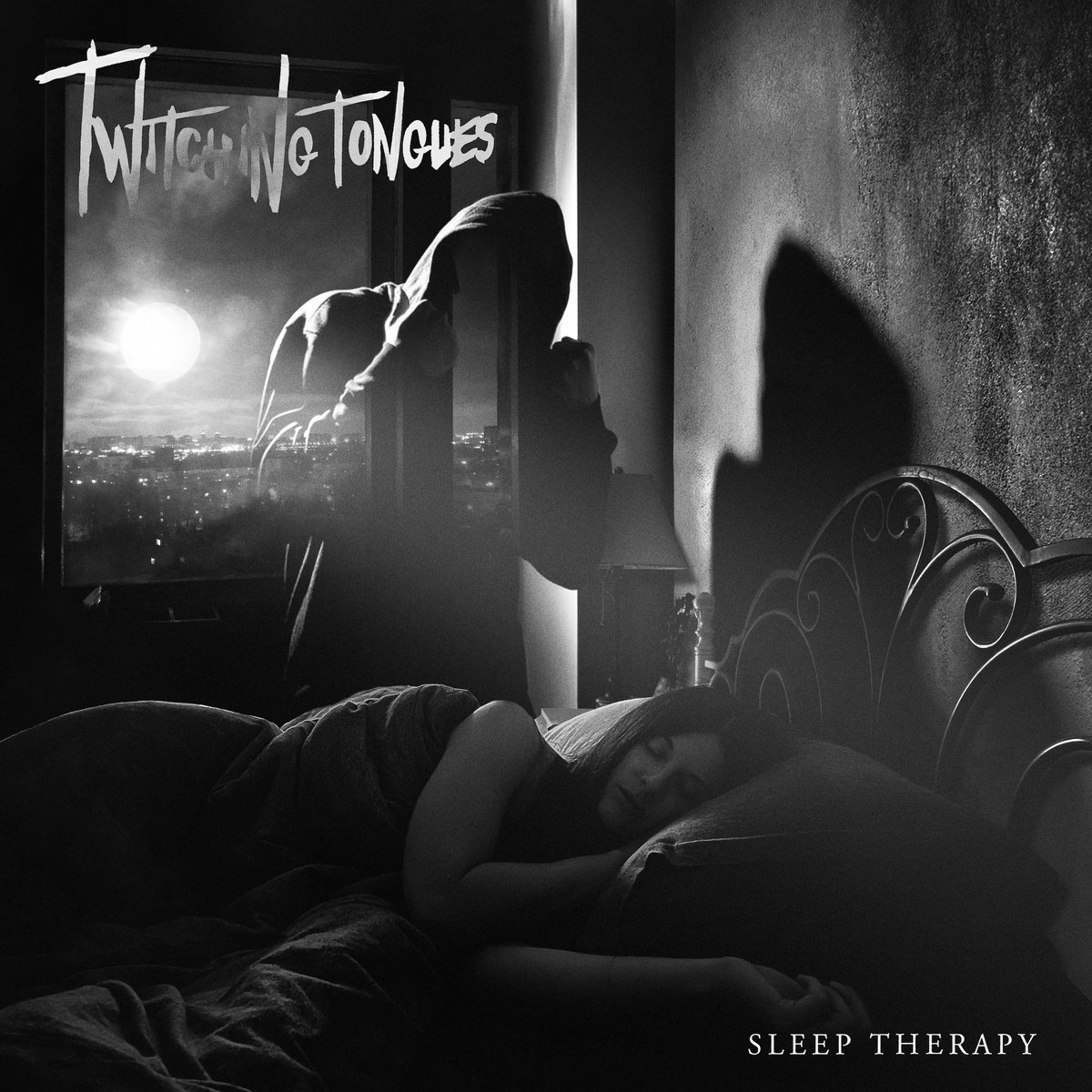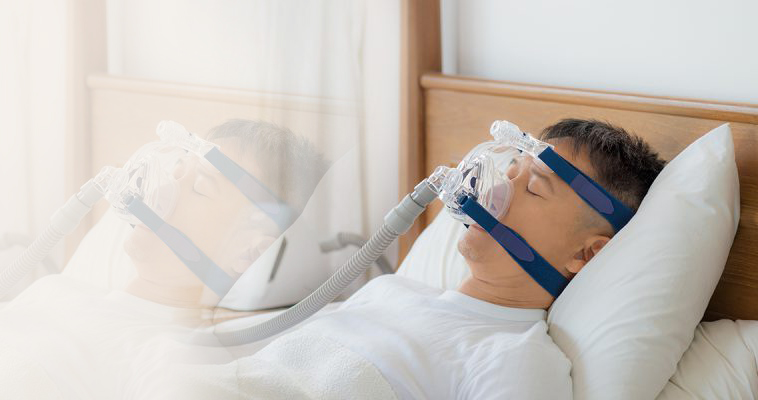Professional Insomnia Counseling - Get Specialist Assistance
Professional Insomnia Counseling - Get Specialist Assistance
Blog Article
Effective Treatment Solutions for Taking Care Of Rest Disorders and Enhancing Peaceful Sleep
In the world of health care, the administration of rest conditions and the mission for peaceful rest are critical components of overall health. Reliable treatment remedies provide a multifaceted method to deal with these difficulties, ranging from cognitive behavior interventions to all natural methods that advertise relaxation and mindfulness. The exploration of different techniques, consisting of the integration of drug and light therapy, opens a realm of opportunities in the pursuit of far better sleep top quality. As we navigate the complex landscape of sleep disorders and look for to enhance our rest experience, a much deeper understanding of these treatment options may hold the secret to unlocking an extra relaxing and fulfilling restorative trip.
Cognitive Behavioral Treatment for Sleeplessness (CBT-I)
Cognitive Behavior Modification for Sleeping Disorders (CBT-I) is a structured, evidence-based therapy strategy that concentrates on attending to the hidden factors adding to sleep disruptions. This type of treatment intends to customize actions and ideas that aggravate sleep problems, inevitably advertising healthy and balanced sleep patterns. CBT-I commonly entails a number of essential components, including cognitive treatment, sleep constraint, stimulation control, and sleep hygiene education.
Cognitive treatment aids individuals identify and alter adverse idea patterns and ideas concerning rest that might be hindering their capacity to fall or stay asleep. Sleep constraint entails limiting the quantity of time spent in bed to match the individual's actual sleep duration, therefore boosting sleep efficiency (sleep disorder treatment). Stimulus control techniques help establish a strong organization between the bed and rest by motivating people to go to bed only when sleepy and to stay clear of taking part in promoting activities in bed
In addition, sleep health education and learning concentrates on establishing healthy rest habits, such as preserving a consistent rest schedule, creating a relaxing bedtime regimen, and optimizing the rest setting. By dealing with these factors thoroughly, CBT-I offers an effective non-pharmacological intervention for handling sleeplessness and boosting total sleep quality.
Rest Health Practices
Having established the structure of cognitive restructuring and behavior modifications in resolving sleeping disorders via Cognitive Behavioral Therapy for Sleeplessness (CBT-I), the emphasis currently shifts towards discovering necessary Sleep Hygiene Practices for keeping ideal rest quality and total health.
Rest health practices incorporate a variety of practices and ecological variables that can substantially impact one's capability to go to sleep and stay asleep throughout the night. Regular sleep and wake times, creating a relaxing bedtime routine, and enhancing the sleep setting by keeping it dark, peaceful, and cool are critical elements of good sleep hygiene. Limiting exposure to screens before going to bed, preventing energizers like high levels of caffeine near going to bed, and taking part in normal exercise throughout the day can additionally advertise far better rest top quality.
In addition, exercising relaxation techniques such as deep breathing workouts or meditation prior to bed can help relax the mind and prepare the body for sleep. By integrating these rest hygiene methods into one's daily regimen, individuals can develop a healthy and balanced rest pattern that supports relaxed rest and total health.
Relaxation Strategies and Mindfulness
Carrying out leisure techniques and mindfulness practices can play an essential duty in fostering a feeling of calm and advertising high quality rest. In addition, guided imagery can help carry people to a peaceful place in their minds, helping in anxiety decrease and boosting sleep quality.
Mindfulness methods, such as reflection and yoga exercise, are also effective in advertising leisure and boosting rest. Mindfulness encourages individuals to stay present in the moment, releasing bother with the past or future. By including these techniques right into a going to bed routine, people can signal to their bodies that it is time to prepare and loosen up for rest. Generally, incorporating relaxation techniques and mindfulness practices can significantly add to taking care of rest conditions and improving overall sleep top quality.

Medication Options for Rest Disorders
After discovering leisure strategies and mindfulness practices as non-pharmacological interventions for enhancing sleep high quality, it is necessary to take into consideration medicine choices for people with rest conditions. In situations where way of life modifications and therapy do not supply adequate alleviation, medication can be a useful tool in taking care of rest disruptions.
Generally prescribed drugs for rest conditions consist of benzodiazepines, non-benzodiazepine hypnotics, antidepressants, and melatonin receptor agonists. Antidepressants, such as trazodone, can be beneficial for people with co-occurring anxiety and sleep disruptions - cognitive behavioral therapy for insomnia (CBT-I).
It is essential for individuals to talk to a doctor to establish the most proper medicine option based upon their particular rest disorder and case history.
Light Treatment for Circadian Rhythm Guideline
Light treatment, also recognized as phototherapy, is a non-invasive therapy method utilized to manage circadian rhythms and improve sleep-wake cycles. This therapy entails exposure to intense light that resembles all-natural sunlight, which aids to reset the body's inner clock. By subjecting individuals to specific wavelengths of light, typically in the early morning or evening depending upon the wanted effect, light treatment can efficiently adjust the body clock to promote wakefulness throughout the day and boost relaxing rest at night.
Research study has actually revealed that light therapy can be especially helpful for people with circadian rhythm conditions, such as postponed rest stage disorder or jet lag. It can also be valuable for those experiencing seasonal depression (SAD), a type of anxiety that generally happens during the winter season months when all-natural light direct exposure is lowered. Light treatment is usually a knockout post well-tolerated and can be used along with other therapy approaches for sleep problems to optimize end results and improve overall rest top quality.
Final Thought
To conclude, effective therapy remedies for taking care of rest problems and boosting relaxed rest consist of Cognitive Behavior modification for Sleep Problems (CBT-I), rest health methods, leisure methods and mindfulness, medication alternatives, and light therapy for circadian rhythm law. These techniques can assist people enhance their sleep top quality and total well-being. It is essential to seek advice from a doctor to establish the most appropriate approach you can try this out for attending to rest problems.
As we navigate the complex landscape of sleep conditions and look for to boost our sleep experience, a much deeper understanding of these treatment remedies might hold the trick to unlocking a more rejuvenating and meeting restorative trip.
Rest limitation involves limiting the quantity of time invested in bed to match the person's real sleep duration, thus raising rest performance. Consistent sleep and wake times, creating a relaxing bedtime regimen, and maximizing the rest setting by maintaining it dark, quiet, and cool are essential components of excellent sleep hygiene. Light treatment is typically well-tolerated and can be utilized in conjunction with various other treatment techniques for rest conditions to maximize end results and enhance general rest quality.

Report this page